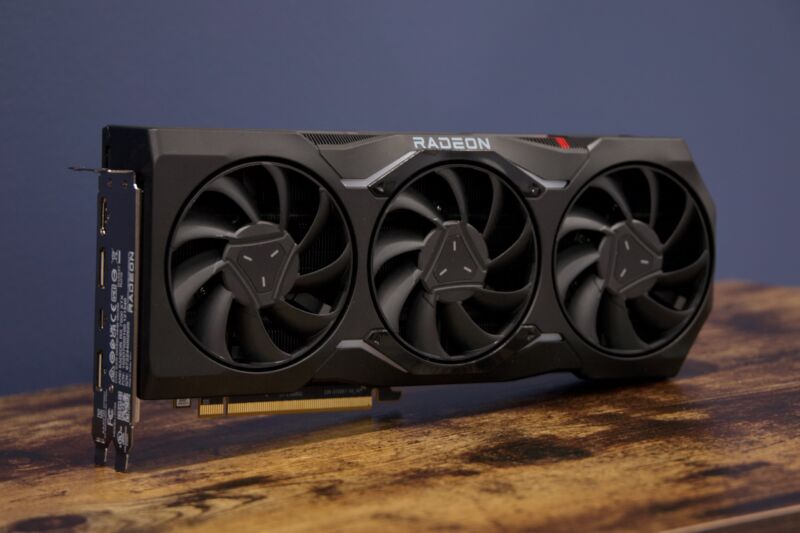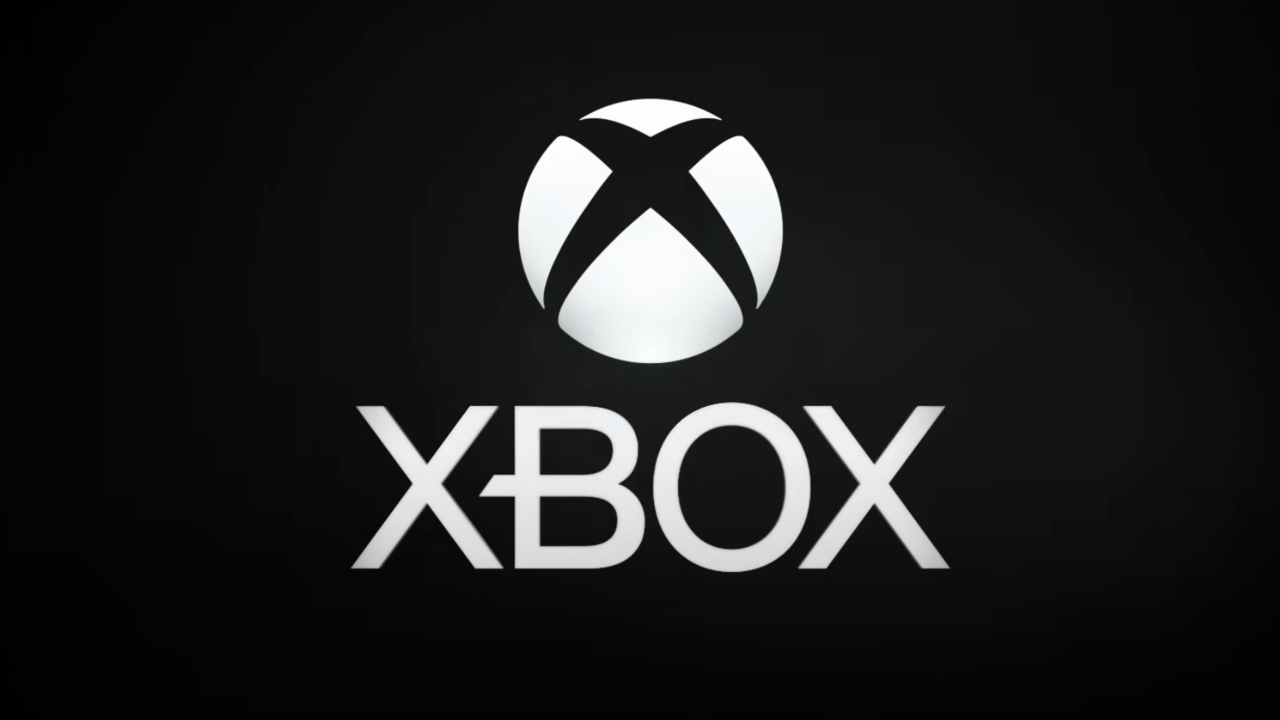
Mixed in with Google’s upcoming hardware announcements on September 30, you’ll find mention of a new Chromecast nestled alongside the anticipated Pixel 5, Pixel 4a 5G, and a new smart speaker. Reports suggest we’re looking at an Android TV-Chromecast-hybrid device with a much-requested TV remote bundled in.
With Android TV and voice assistant capabilities surely in tow, Google has major players like Roku and Fire TV in its sights. However, it will take more than that to stand out from the crowd. It’s time for Google to take in-home streaming seriously.
Blending Chromecast and Android TV

Chromecast is almost universally beloved. Android TV? Not so much.
The upcoming Google streaming device reportedly combines the two, which marks a change in direction for the company’s streaming efforts. We also won’t be surprised if Google TV replaces the Android TV moniker, marking not just a rebrand but a new approach to the way Google envisions its core media streaming platform.
Despite its notable strengths, Android TV still feels perilously close to becoming another one of big G’s forgotten projects. The company has mostly left it in the hands of OEMs in the absence of its own flagship products. As a result, the platform doesn’t have the focus or investment necessary to make it an industry leader. That needs to change if Google TV, or whatever the platform ends up being called, is to compete with Roku and Amazon.
Google has left Android TV mostly in the hands of OEMs. That may be about to change.
Roku, arguably the biggest player in the streaming platform space, offers the widest variety of streaming services and apps. The UI may not be as sleek, but it’s earned a “just works” reputation that consumers gravitate towards. Google supports all the major streaming services, but when it comes to sheer content volume and support for smaller services Roku has its nose out in front as well.
Google has the ability to make great products, but its lack of commitment to building excellent ecosystems is a perpetual letdown. See the ongoing issues with Android app optimizations for Chromebooks, or the current state of wearables. Regular updates, new content partners, and improved app experiences are needed to propel Google’s streaming effort to the top of the industry. I’m not brimming with confidence that things will change for the better when Android TV and Chromecast combine, but there is one example that Google could follow to achieve some level of success.
See also: Best Android TV devices — what are your options?
Inspirational Nvidia

Google isn’t sailing into unknown territory here. There’s already a gold standard streaming device on the market — the Nvidia Shield TV.
Nvidia’s beloved Android TV box does everything right. It has a good library of streaming services, supports advanced media codecs, has built-in Chromecast support, plays a bunch of Android games, can host a Plex server complete with hardware transcoding, and can even stream console-standard games from an Nvidia-powered PC or through the GeForce Now cloud gaming platform.
The original Nvidia Shield TV is also an excellent example of long-running device support that Google should aim to emulate. Despite being five years old, Nvidia issued its 25th update to the streaming device in August 2020. It added AI-enhanced 4K upscaling, frame-rate matching, and the latest security patch.
A more cost-effective Nvidia Shield would be a strong option to take on Roku. But that’s just the start.
Granted, a lot of Nvidia’s features are rather niche and cover more than your typical home streamer needs. The resulting higher price tag for all these extra features and raw power prevents it from being a Roku or Fire Stick competitor. But Google could certainly provide a suitable middle ground and introduce the first truly mainstream Android TV box from a top brand.
Make Android TV streaming for the masses

Content streaming is big business, yet Google has only been a small player so far. Chromecasts are great, but access to the more powerful Android TV platform is considerably more limited due to its price. The aforementioned Nvidia Shield TV starts at $149.99 and Android TVs tend to occupy the mid to premium tiers of the market. Meanwhile, the 4K Roku Premiere costs just $39.99.
Google doesn’t have a direct non-Cast competitor, but this could change with the upcoming Google streaming device which looks set to undercut this barrier to entry by quite a margin.
But there’s more to a successful streaming platform than just price. Roku and Amazon built loyal audiences through best-in-class features, simplicity of use, and ever-evolving content partnerships. Google’s platform needs the same care and attention. Get that right, and the big G could leverage its own services to get the upper hand.
See also: The best media streaming devices you can buy
As we’ve touched on before, a Google services bundle with Stadia, YouTube Premium, along with Play Pass and Google One storage would make for a compelling and comprehensive bundle — something that could take on the new Apple One and other streaming packages. This, combined with a rebranded, retooled approach to streaming hardware, could be an instant hit.
Even if we don’t get an all-in-one-package, you can still expect Google to make a hard push for its services with this upcoming streaming device. Although, we certainly don’t want the upcoming Google streaming device to just be used to hawk various subscription services.
The Android TV platform has lingered at the edge of Google’s ecosystem for years. Now it needs to become a core part of it. The potential is there but it’s time to get serious, Google.











